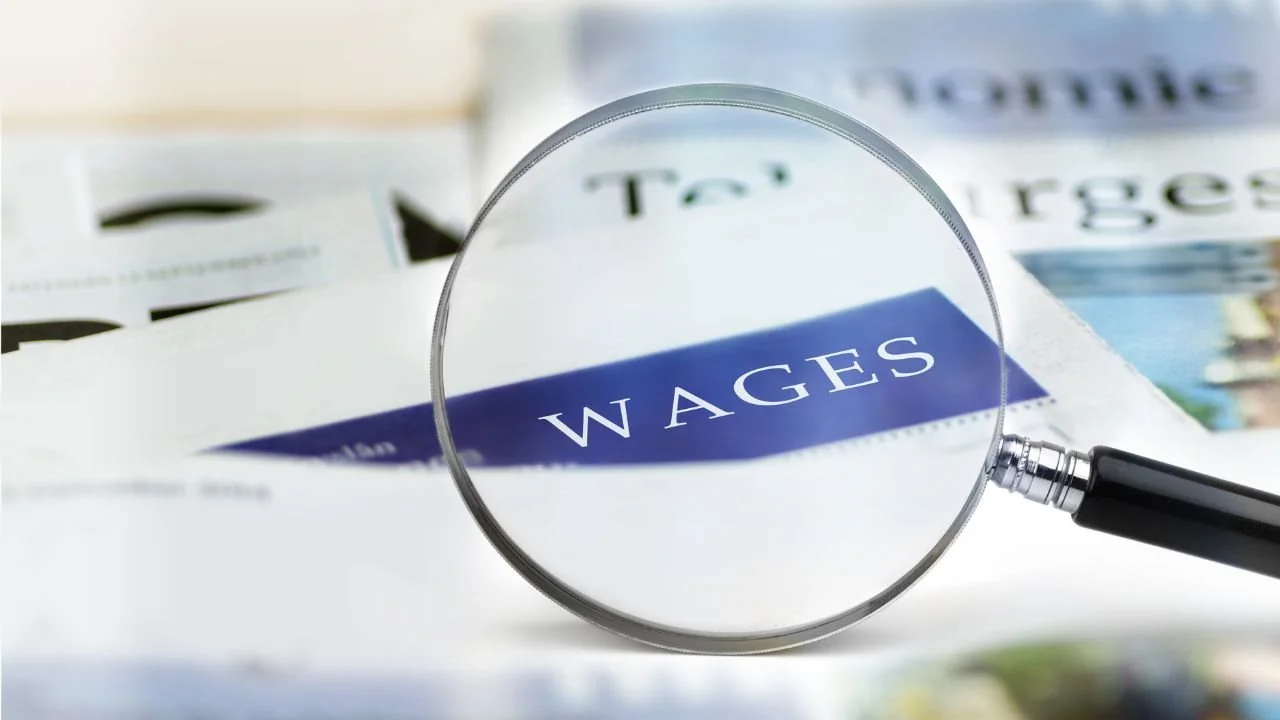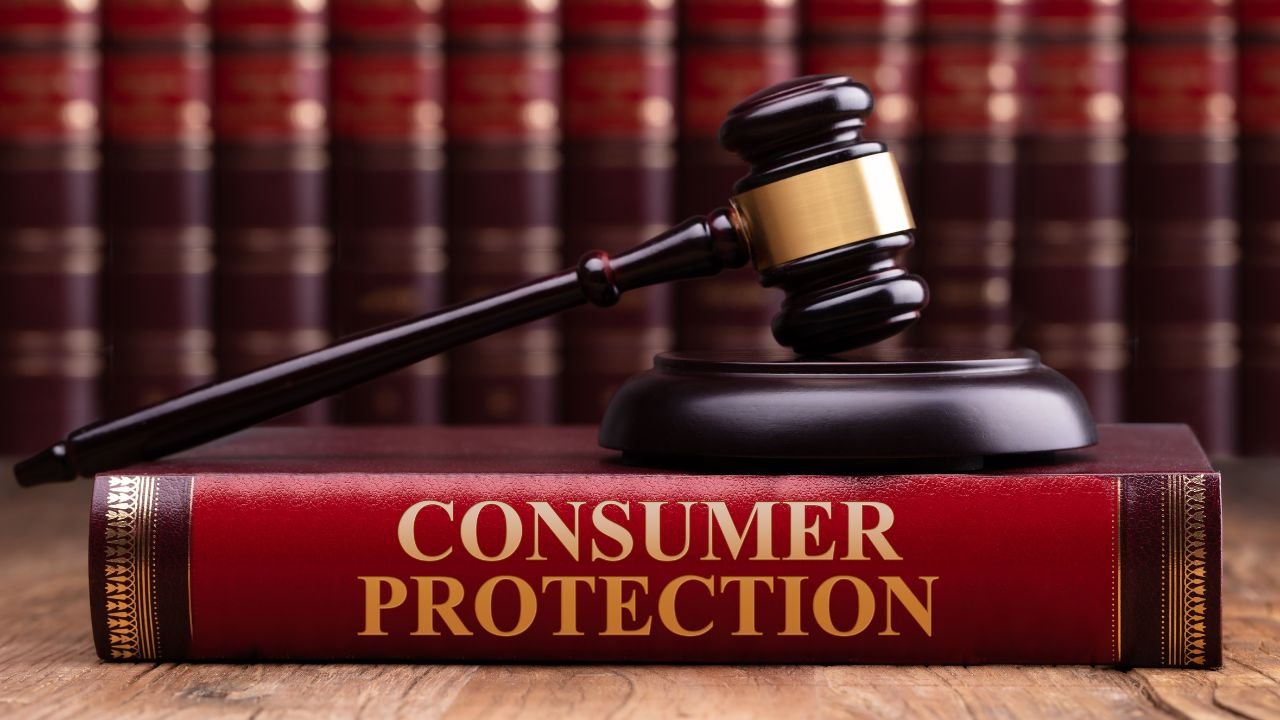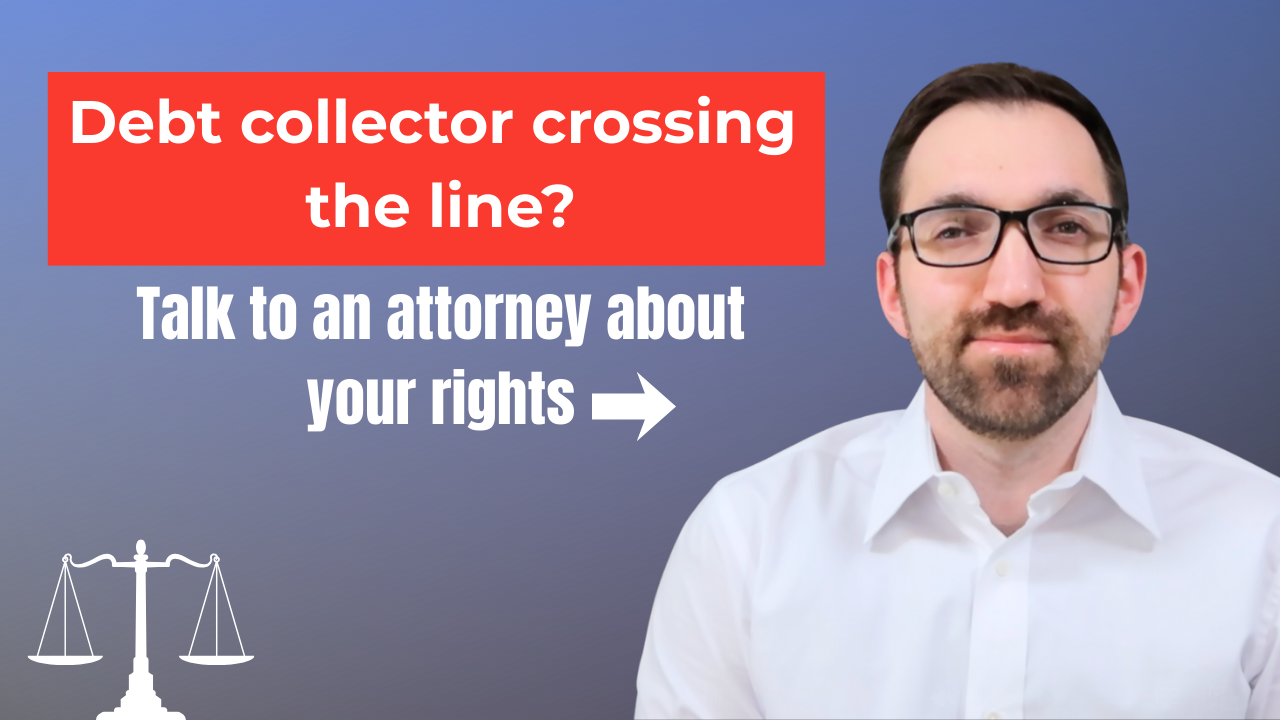How to Stop Wage Garnishment and Protect Your Paycheck
In the world of debt collection, few situations feel more stressful than a wage garnishment. This is when money is taken directly from your paycheck to pay a creditor you allegedly owe.
As scary as a wage garnishment might be, you have options. The key is understanding whether the garnishment was obtained lawfully. You’d be surprised how often collection law firms cut corners or ignore consumer rights.
Collectors are focused on getting money for their clients as quickly as possible. They also know that most consumers don’t have legal representation, which makes it easier for them to push the limits and use aggressive or bad-faith practices.
This is why it is so important for you to understand your rights as a consumer when dealing with a possible wage garnishment. This article will get you started and hopefully provide you with some important knowledge during a very sensitive time.
Can Garnishments Be Stopped?
The short answer is yes, garnishments can be stopped but the process depends on the facts of your case. If a garnishment was obtained unlawfully, you may be able to challenge it directly and even recover damages under the Fair Debt Collection Practices Act (“FDCPA”). If the garnishment is valid, you may need to negotiate a settlement or explore other legal options.
When a Garnishment Is Wrongful or Unlawful
Every state has strict rules on how a wage garnishment must be obtained and enforced. That’s why it’s essential to consult with a consumer protection attorney in your state to review your file and determine whether the collection law firm followed the law in your case.
At the same time, the FDCPA is a federal law that applies in every U.S. state. If a collection law firm violated the FDCPA while pursuing a garnishment, you may not only be able to challenge the garnishment itself but also pursue monetary or equitable relief under federal law.
Not all attorneys who defend garnishments also litigate FDCPA claims. While stopping the garnishment is usually the top priority, it’s worth asking your local attorney if they see potential FDCPA violations in your case. If they don’t handle those claims, you can consult with an experienced FDCPA attorney separately to strengthen your position and potentially reach a more favorable outcome.
Common reasons a garnishment may be challenged include:
Improper service of the lawsuit: If you were never properly served, you may be able to ask the court to set aside the judgment.
Debt not actually owed: Collectors sometimes pursue the wrong person, a debt already paid, or one discharged in bankruptcy.
Statute of limitations expired: Old debts may be legally unenforceable.
FDCPA violations: Collection law firms cannot misrepresent amounts owed, threaten unlawful action, or harass you. If they do, you may have federal claims in addition to stopping the garnishment.
When the Garnishment Is Legal and Proper
If the wage garnishment was legally obtained and enforced, the focus shifts to managing or reducing its impact. In this situation, since there are likely no FDCPA violations to leverage, it is especially important to consult with an experienced debt defense attorney in your state.
A local attorney can advise you whether exemptions apply in your case or whether the collection law firm made procedural errors in its paperwork. Many collection firms are also open to negotiating a settlement outside the garnishment process, which might include a reduced lump-sum payment or a structured repayment plan.
If you cannot afford an attorney, most states offer free or low-cost legal services. For example, in New York, the Legal Aid Society provides resources and guidance for people facing consumer debt issues. Even if they cannot represent you directly, they may be able to provide practical advice that can make a significant difference.
If the garnishment makes your financial situation unbearable, bankruptcy may be a last-resort option. Filing a bankruptcy petition triggers the automatic stay, which usually stops wage garnishments and other collection efforts, although some obligations like child support and certain taxes are not affected.
How to Stop a Garnishment Before It Starts
The best way to stop wage garnishment is to prevent it from happening in the first place. Most garnishments come from default judgments, which occur when a consumer fails to respond to a lawsuit. Once a default judgment is entered, the creditor can move quickly to garnish wages, and reversing that process becomes much more difficult.
If you are served with a Summons and Complaint, it is critical that you respond immediately. Filing an Answer with the court preserves your defenses and prevents the creditor from automatically obtaining a default judgment, which is what opens the easy path to wage garnishment.
If you’re not sure how to file an answer on your own, seek legal help. Even if you cannot afford a private attorney, you can often find guidance from legal aid offices, court self-help centers, or consumer advocacy groups that provide pro se support. Taking this step not only delays the wage garnishment but may also allow you to raise valid defenses or negotiate directly with the creditor before it ever reaches your paycheck.
Frequently Asked Questions About Stopping Garnishments
Can you stop a wage garnishment once it starts?
Yes. Depending on the circumstances, you may be able to challenge the judgment, file an exemption, negotiate a settlement, or in some cases pursue claims under the FDCPA.
What’s the difference between payroll garnishment and wage garnishment?
They are generally the same thing. Both terms refer to a court order directing your employer to withhold part of your paycheck to pay a creditor.
How do you remove a garnishment from your paycheck?
Options include asking the court to vacate a default judgment, claiming exemptions for protected income, or negotiating a resolution with the creditor. In some cases, bankruptcy may also stop garnishment through an automatic stay.
What is a garnishee order?
It’s another term for wage garnishment. Some states and countries use “garnishee order” instead of “garnishment order,” but the meaning is the same.
How can you stop wage garnishment immediately online?
There isn’t a one-click online solution, but you may be able to file court papers electronically in some jurisdictions or access pro se resources through your local court system. Acting quickly is what matters most.
Next Steps
Wage garnishment is stressful, especially if you’re dealing with it alone. The first step in stopping or reducing it is to understand how the creditor obtained it. Once you know the steps taken by the creditor and its collection law firm, you’ll be in a much better position to evaluate your options.
At Reznik Consumer Law, our priority is helping consumers understand their rights under federal law, including the FDCPA. If state-specific advice is needed, we can help connect you with an attorney in your state who handles garnishment matters. If you’re facing wage garnishment, reach out to learn more about your rights and the options that may be available to you.



